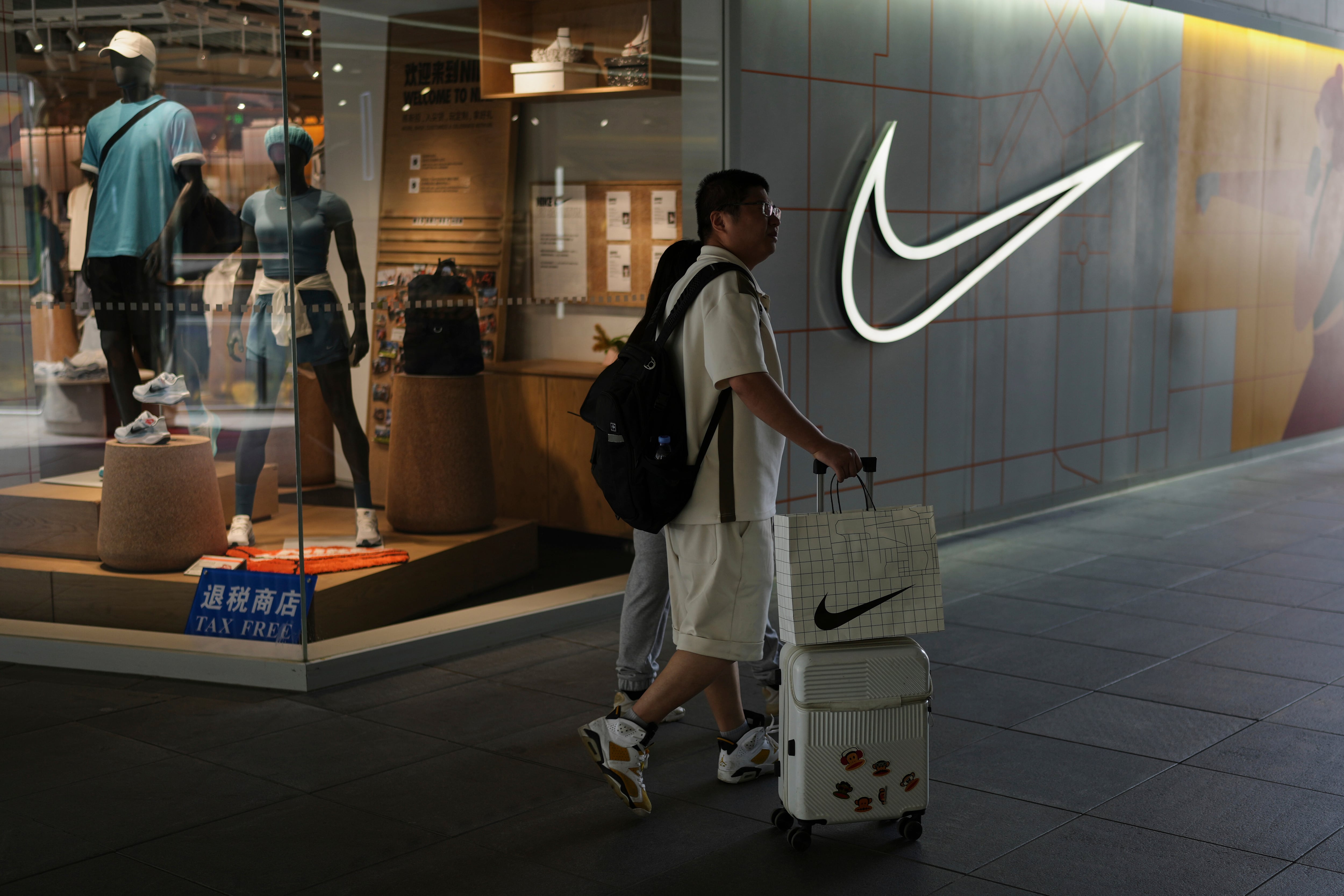Nike is going to start selling its products directly on Amazon’s U.S. website for the first time since 2019 as the company looks for more ways to bring goods to customers and boost sales.
Nike, which sells footwear, clothing and other items, cut ties with Amazon at a time when the online retailer was trying to lure big brands to its website. While Nike stopped selling its sneakers and athletic gear directly to Amazon in 2019, Nike’s goods were still available on Amazon.com, sold by independent sellers that list their merchandise directly on Amazon’s marketplace.
Now Nike is resuming its direct relationship with Amazon.
“Nike is investing in our marketplace to ensure we’re offering the right products, best services, and tailored experiences to consumers wherever and however they choose to shop,” the company said in a statement. “This includes expanding to new digital accounts, including Amazon in the U.S., new physical partners like Printemps (a French luxury department store chain), elevating retail experiences across the marketplace, and launching Nike’s AI powered conversational search to improve our online services.”
Amazon is navigating its way through bringing Nike back on board.
“While independent sellers have listed some Nike inventory in our store for many years, Amazon will soon begin sourcing a much wider range of Nike products directly to expand our selection for U.S. customers,” an Amazon spokesperson said in a statement. “We value independent sellers, and we’re providing an extended period of time for the small number of sellers affected to sell through their inventory of overlapping items.”
When Nike announced the pilot program with Amazon.com in 2017, it hoped that it would have more control over the brand. Amazon acknowledged at the time that there were problematic sales of counterfeit goods on its site and implemented some tools to try to stop them.
Nike is reestablishing a more direct relationship with Amazon at a time when its sales are weakening.
In March the Beaverton, Oregon, company reported that its third-quarter sales fell 9% to $11.27 billion as revenue declined for the Nike brand and Converse.
Jefferies’ Randal Konik is supportive of Nike reconnecting with Amazon.
“We like this move by Nike plain and simple,” he wrote in a note to clients. “Amazon is the largest e-commerce platform and the move further cements Nike’s brand ubiquity.”
Shares of Nike rose more than 2% in Thursday afternoon trading.









